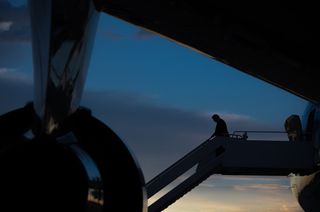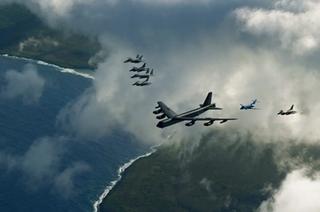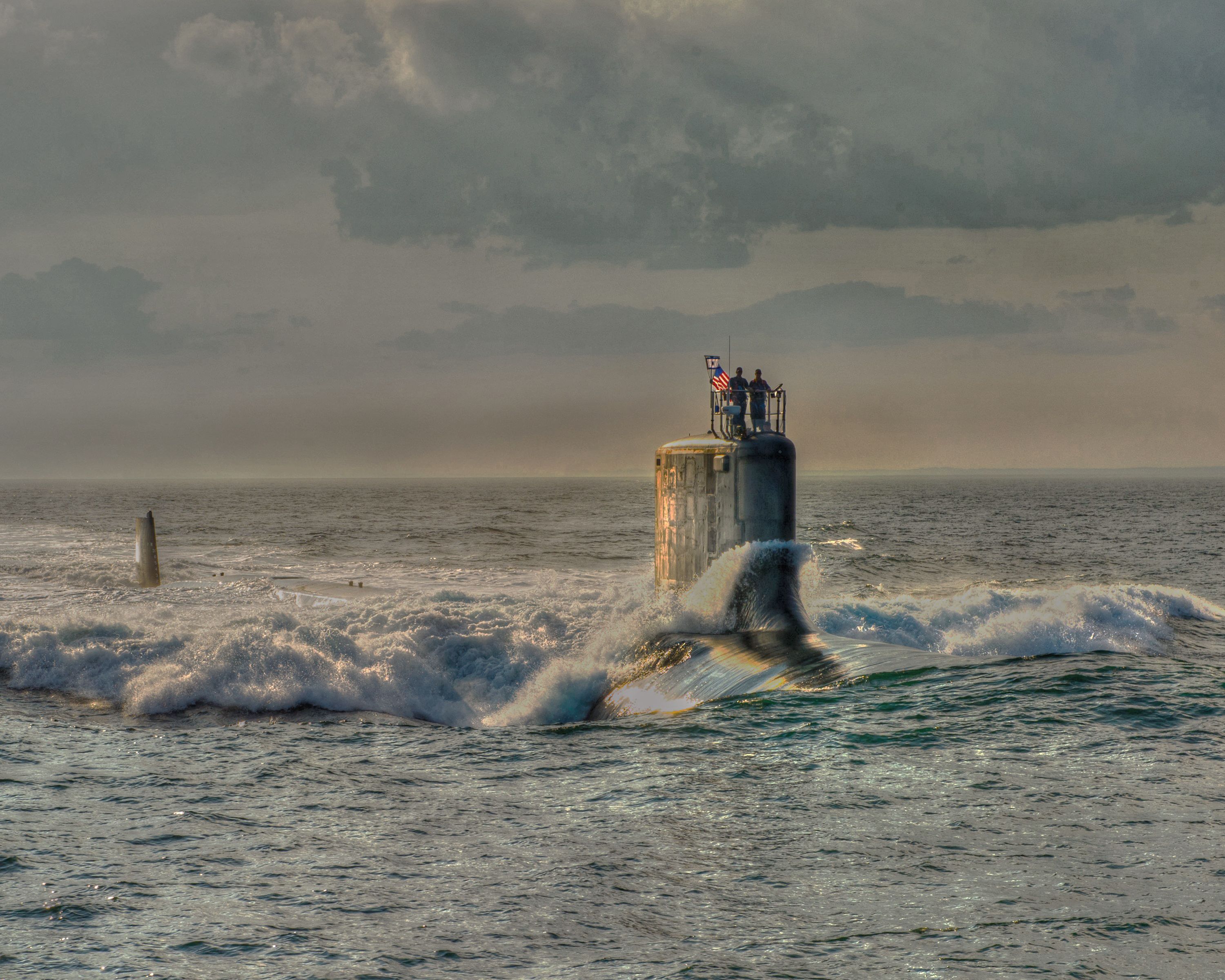The Courier-Mail
By Tom Switzer
Didn't we already know that Silvio Berlusconi has an eye for pretty ladies?
Or that Kevin Rudd is a control freak with an inflated opinion of himself?
Or that the Americans have a low view of Afghanistan President Hamid Karzai and his corrupt family?
Besides, wouldn't the world be a better place if we knew absolutely everything about absolutely everyone? Shouldn't information be free? What about the public's right to know?
As these charges indicate, one of the most frequent arguments made in defence of WikiLeaks and Julian Assange is that the release of 250,000 US diplomatic cables represents a triumph of democracy.
In fact, there is compelling evidence information released in the document dumps can cause real harm to not only security but the principle of transparency itself.
Start with security concerns.
Assange's supporters insist his efforts have not done serious damage to Western interests.
Yet the WikiLeaks arguably put US soldiers and their allies at risk.
For example, dozens of Afghan civilians are named in the documents as US military informants. Aren't their lives, as well as those of their families, now at risk of reprisal?
Protests that no one has ever been hurt as a result of Assange's activities have recently come unstuck at the hand of the man himself.
Bragging to Britain's The Guardian, Assange claimed that documents he released ''flipped the election'' in Kenya while causing serious civil unrest.
''Thirteen hundred people were eventually killed, and 350,000 were displaced,'' Assange admitted, adding ''on the other hand, the Kenyan people had a right to that information''.
He can't have it both ways.
Either the documents represent harmless, albeit embarrassing, gossip, or they have real security consequences.
Assange's supporters say his actions represent a triumph of democracy.
In July, the WikiLeaks founder said: ''We are transparency activists who understand that transparent government tends to produce just government. And that is the modus operandi behind our whole organisation.''
Paradoxically, though, the lesson of the WikiLeaks' controversy is that authorities will have to work harder to keep secrets in the internet era.
Far from leading to more transparency, governments will tighten cyber security, keep fewer secrets and restrict access to fewer people.
In some respects, this is understandable. In the corridors of power in Washington and around the world, leading figures need to be able to exchange ideas, put forward different proposals and ponder and reject various schools of thought before making decisions.
Effective policy often requires secrecy about detail.
Why would public servants write sensitive memos if they think their words will make headlines around the world?
Why would foreign officials speak candidly if they think their conversations will form the stuff of tomorrow's front pages?
Just as some measure of privacy is imperative in our private lives, so is a degree of confidentiality an essential tool of government.
Imagine if the correspondence between then US president John F. Kennedy and his senior advisers had been revealed during the Cuban missile crisis of 1962. They would have been derided as warmongers and mad men.
Thankfully, we can judge the Kennedy White House's record by what the president did - avoid a nuclear war with the Soviets - and not by what he and his advisers sometimes thought or considered before making their final decision.
Already in Australia, canny bureaucrats know to be careful what they put in an email lest an embarrassing statement be caught up in a Freedom of Information Act request or a parliamentary call for papers.
In the wake of WikiLeaks, expect government officials to clamp down on the dissemination of information. Failing that, they'll be more likely to opt for telephones over emails.
Tom Switzer is a research associate at the US Studies Centre at Sydney University and editor of Spectator Australia.




.jpg?rect=0,80,3000,1989&fp-x=0.5&fp-y=0.44772296905517583&w=320&h=212&fit=crop&crop=focalpoint&auto=format)
